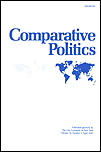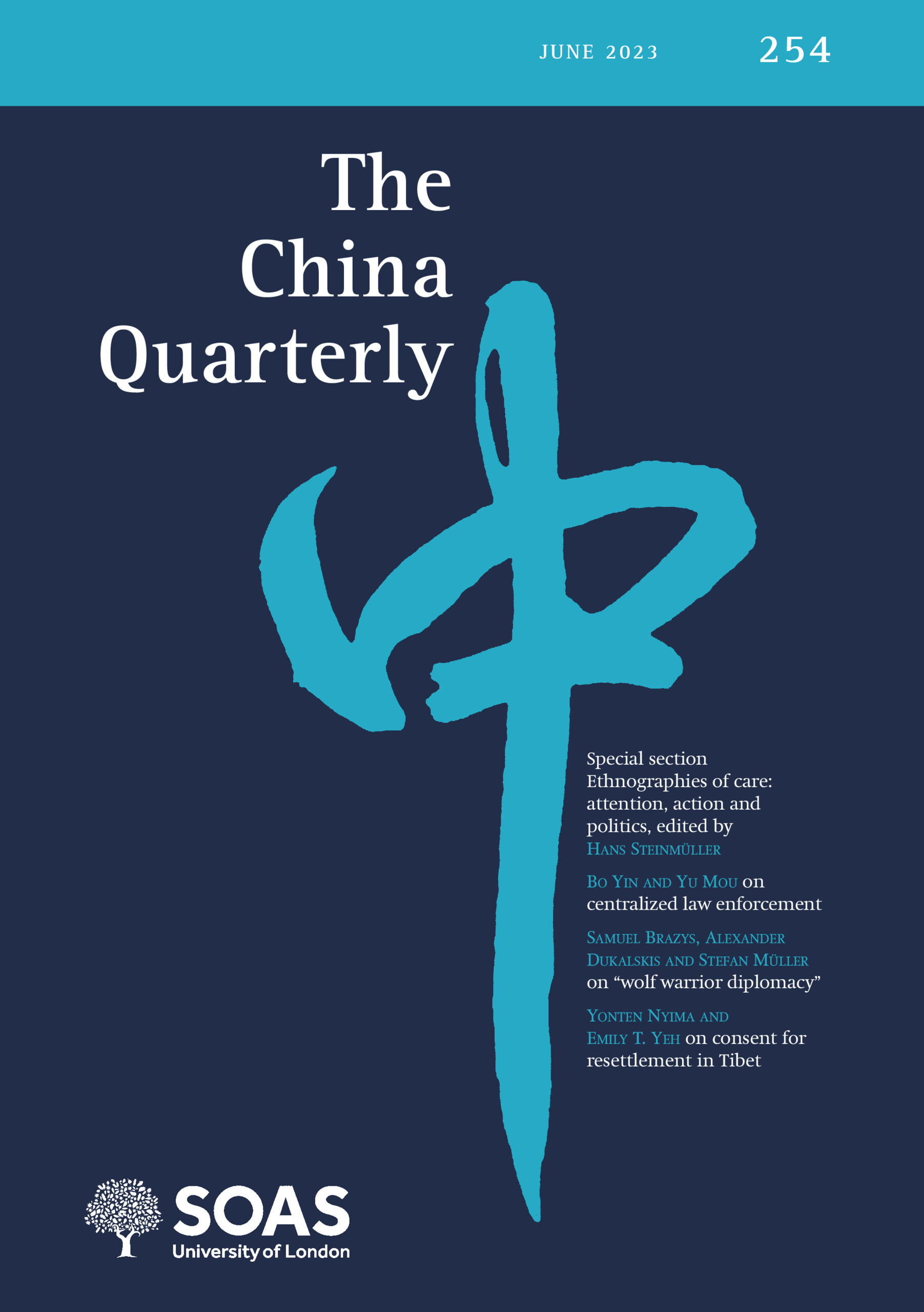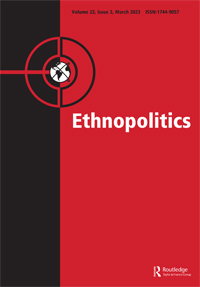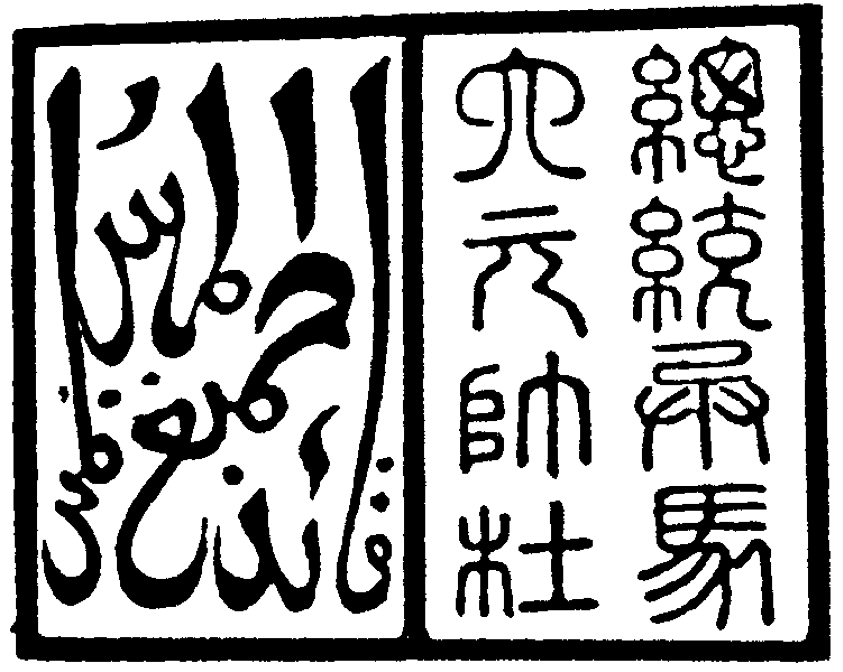Research
a. Peer-Reviewed Articles

3.“Loyalty Signaling, Bureaucratic Compliance, and Variation of State Repression in Authoritarian Regimes,” with Steve Bai. Comparative Politics 56(4): 423-447.
Synposis: During repressive campaigns, subordinate officials who belonged to disfavored outgroups or had a “stained” personal background tended to show greater fervency in executing the leader’s coercive tasks in order to credibly signal their loyalty to the leader. We use a mass purge in Mao’s China to explore how this incentive could lead to geospatial variation in coercion.

2.“Campaign-Style Personnel Management: Task Responsiveness and Selective Delocalization during China’s Anti-Corruption Crackdown,” with Feng Tang. 2023. The China Quarterly 256: 919-938.
Synposis: During Xi’s Anti-Corruption Campaign, provincial Party chiefs strategically appoint outside officials without local experience to govern cities with high-level corruption scandals. Their motivation for doing so is to (1) display allegiance to the Center’s agenda; (2) increase hierarchical control and oversight over the corruption-affected bureaucracy. We then evaluate the effects of this appointment pattern.

1.”Historical Ethnic Conflicts and the Rise of Islamophobia in Modern China.” 2021. Ethnopolitics 22(1): 43-68.
Synposis: Historical anti-Muslim sentiment can pass down inter-generationally and influence a society’s contemporary attitudes towards Muslims. Chinese people who reside in places where Hui Muslims rebelled in the 19th century tend to hold significantly more negative views towards Muslims in contemporary era. Modern-day Chinese authorities often leveraged this sentiment to justify and strengthen political control.
b. Working Papers
3.”The Anxiety of Embedded Officials: Local Connections and Bureaucratic Responsiveness during China’s Campaign Against Organized Crimes (2018-20)” (revise and resubmit, with Feng Tang)
Synposis: In this article, we analyze how local ties could impact an official’s compliance and responsiveness to policy priorities from higher authorities. We argue that, when the policy both has high priority and conflicts with local vested interests, locally embedded officials would face stronger pressure to display loyalty to their superiors and dispel suspicions of colluding with local elites targeted by the policy. We use the three-year Anti-Gang Campaign in China (2018-20) to validate our theory.
2.”Radicalization by Design: Factional Cleavages and Bureaucratic Compliance during China’s Land Reform Campaign (1949-54)”
Synposis: In this paper, I explore how autocrats incentivize subordinate officials to carry out undesirable or unpopular tasks by leveraging factional divisions and power struggles at the sub-national level. Using China’s Land Reform Campaign (1949-54) as a case, I demonstrate how Beijing strategically create factional divisions within sub-national bureaucracy, intensify intra-group competition among local elites, and induce local officials’ compliance with the Center’s agenda.
1.”Coercion, Capital, and Warlord Proto-States: Variation in Warmaking Propensity among Chinese Warlords, 1916–1928” (with Siying Fu)
Synposis: In a weak state, why are some sub-national actors more likely to engage in civil wars than others? In this paper, we use the Warlord Era (1916-28) in China to explore underlying determinants that shaped sub-national rulers’ propensity to engage in conflicts. We show that a crucial factor was the warlords’ relationship with the commercial elite — local military rulers who were more fiscally dependent on the urban business community were less likely to engage in belligerent behavior.
c. Book Reviews
1.”Review of Steven P. Feldman, Xi Jinping’s Anticorruption Campaign: The Politics of Revenge.” 2024. Contemporary Sociology: A Journal of Reviews 53(5): 422-424.
Synposis: In this article, I reviewed Steven Feldman’s new book Xi Jinping’s Anticorruption Campaign: The Politics of Revenge, summarized its main ideas and findings, and discussed its strengths and weaknesses.

Copyright © Juan Qian, 2023-24